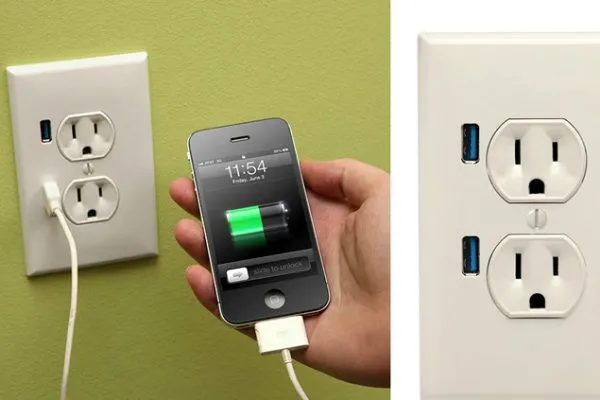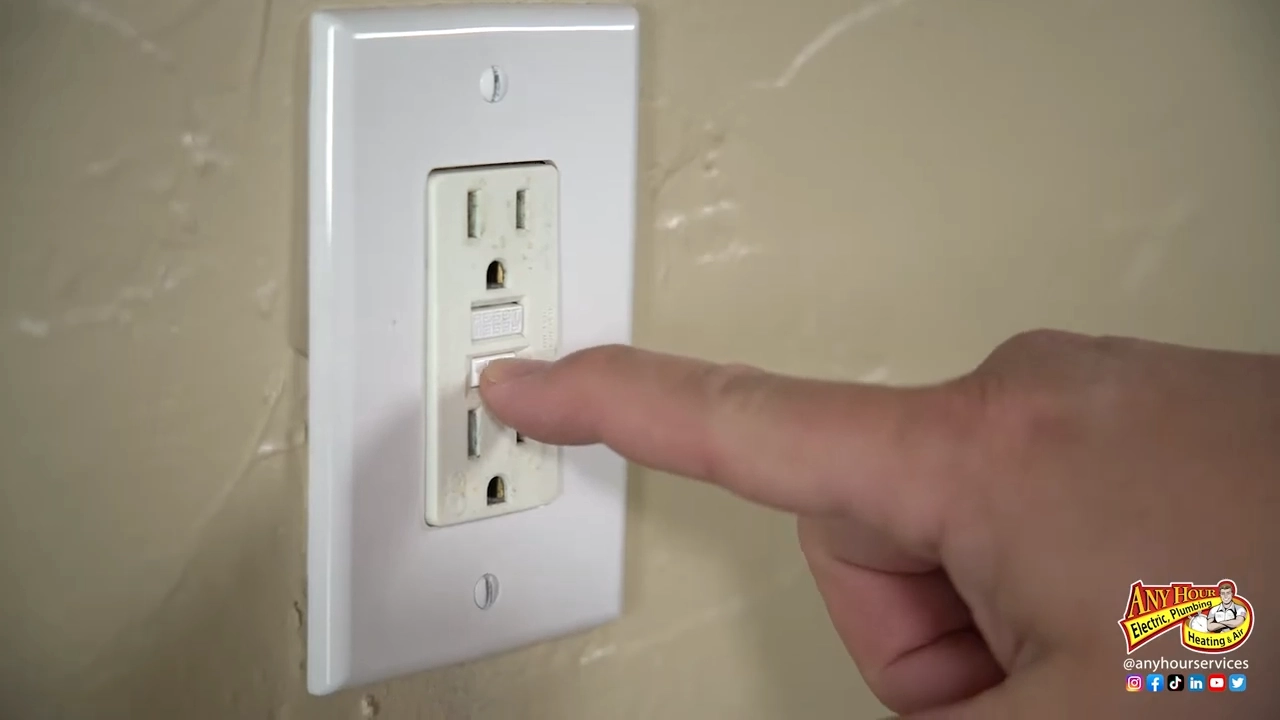As a homeowner, it's important to understand the different types of electrical outlets. That can help you know when to use a specific outlet, which can help keep you and your family safe. In this article, we'll go over four major types of electrical outlets. That way you can make informed decisions when using or repairing them. You can also know if you might consider replacing the outlets you have.
Two-prong outlets are often found in older homes. They only have two slots for plugs instead of three. You would use these ones for low-power appliances and electronics. They'll do the job, but they don't offer any protection against electrical shocks. They also aren't grounded, so they can pose a fire risk. On top of that, two-prong outlets violate the modern electrical safety code. If your home still uses these ones, it's a good idea to consider replacing them.
Three-prong outlets have three slots for plugs for use with grounded plugs. These outlets have a grounding wire to give somewhere for the electricity to go if there's a problem. That could be a short circuit or a ground fault. Electrical code requires grounded outlets in most situations. They're generally a safer choice and have a much lower fire risk. They're also the most common outlet in newer homes.

GFCI outlets protect against electrical shocks, like a grounding wire. Electrical code requires them in areas around water, such as kitchens and bathrooms. GFCI outlets have two buttons, one for testing and one to reset when it goes off. They detect any imbalances in the flow of electricity. If they sense one, the outlet will shut off, protecting against electrical shocks. GFCI outlets do wear out over time, so it's important to test them.
240-volt outlets provide power for high-voltage appliances and equipment. You'd use these outlets for appliances such as stoves, dryers, and air conditioners. That's because they need more power than a standard 120-volt outlet can handle. 240-volt outlets are also larger than other outlets, so you can't confuse them. It is important to only work on 240-volt outlets if you have the knowledge and training to be safe on the job.

By choosing and using the right outlets for your home, you can help keep your family safe. This also keeps your electrical system working well for years. If you have questions about your outlets, it's a good idea to call an electrician. If you don't already have an electrician you trust, Any Hour Services would be happy to help. One of our licensed electricians can answer your questions and help fix any problems. You can give us a call or schedule an appointment online.